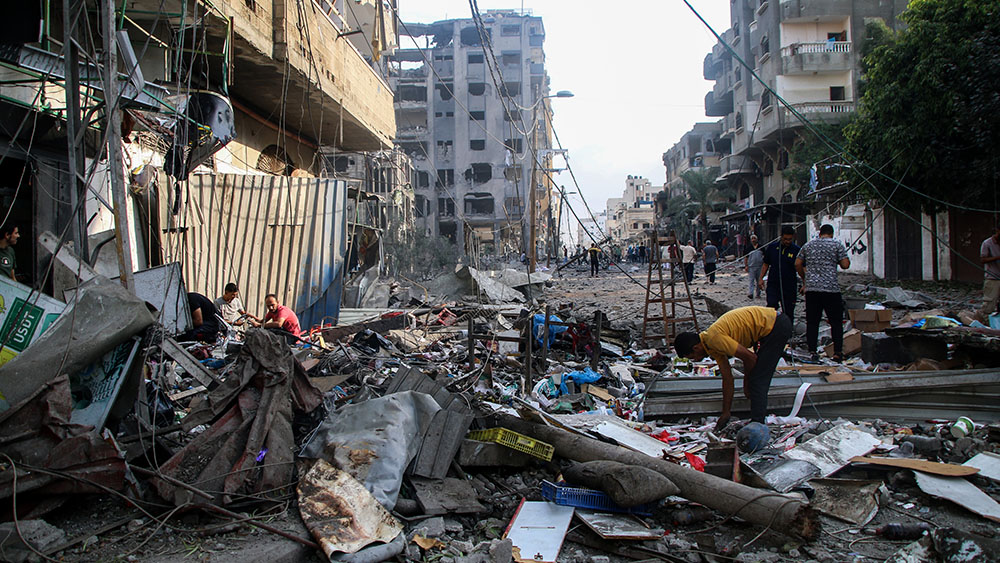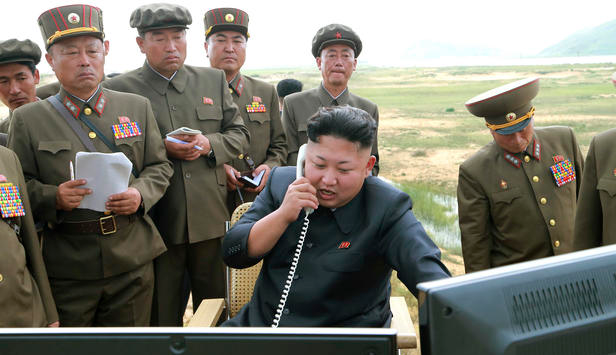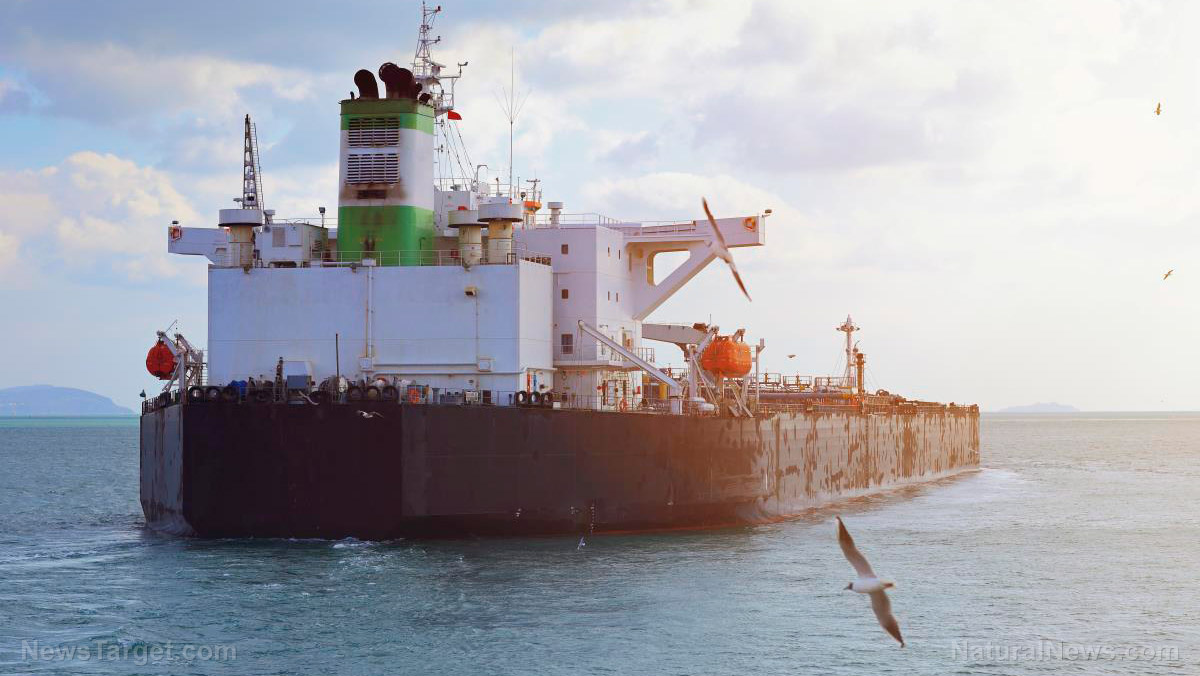 Parler
Parler Gab
Gab
- Turkey is attempting to secure safe passage for 200 people trapped in Gaza tunnels.
- It describes those trapped as civilians, while Israel identifies them as Hamas terrorists.
- This follows Turkey's recent success in facilitating the return of an Israeli soldier's remains.
- The standoff threatens to collapse a fragile, month-long ceasefire agreement.
- Israeli military leadership has given the trapped individuals an ultimatum to surrender or be eliminated.
Israel claims those trapped in the tunnels are not civilians
However, the identity of the 200 people in the tunnels is a major point of contention. While Turkey labels them "civilians," Israeli defense sources offer a different account. They identify the group as Hamas terrorists who are trapped in an Israeli-controlled enclave within Rafah’s Jenina neighborhood. This fundamental disagreement over who is underground turns a simple evacuation into a deeply complex political and military standoff. The situation is particularly volatile because the area remains a flashpoint. The Israel Defense Forces have continued their operations to destroy the tunnel system, a key strategic objective. Hamas has stated unequivocally that its fighters in the Rafah area "will not surrender," and it has called on mediators to find a solution to prevent the ceasefire from collapsing. This sets the stage for a potential confrontation, with both sides taking a hardline public position.The stakes for a fragile peace
The month-long ceasefire, signed in October and backed by President Donald Trump, has temporarily halted the widespread violence that has characterized the conflict. Turkey was a signatory to that deal, despite its fierce criticism of Israel's military campaign and its well-documented close ties with Hamas. This places Turkey in a unique position to negotiate, but it also reveals the tangled web of alliances and animosities that define the region. The standoff has become a central diplomatic test for the fragile truce. Multiple nations, including Turkey, Egypt, and the United States, are involved in efforts to de-escalate the situation and prevent a renewed outbreak of fighting. Palestinian-American mediator Bashara Bahbah told Saudi outlet Al-Hadath that he expects an agreement "within days" to allow the individuals to leave the tunnels and move into "safe Palestinian territory." Meanwhile, the Israeli military leadership has presented a much simpler, and more brutal, binary choice. According to reports, IDF Chief of Staff Lt. Gen. Eyal Zamir told the cabinet that there was "no deal" regarding the terrorists in Rafah. "It’s either surrender or elimination," he stated. "If they surrender, we’ll take them in for questioning — if not, we’ll finish the job." This leaves the international community grappling with a difficult reality. The push for a peaceful resolution, championed by Turkey under the banner of civilian protection, is directly at odds with the stated military objectives of the Israeli government. The very language used, "civilians" versus "terrorists", has itself become a new front line in the ongoing battle to define the narrative and future of Gaza. As diplomats work behind the scenes, the lives of 200 people hang in the balance, and with them, the stability of an entire region. Will back-channel negotiations be able to find a face-saving solution that avoids more bloodshed, or will this tunnel complex become the spark that reignites a full-scale war? Some conflicts run too deep for any truce to contain. Sources for this article include: SputnikGlobe.com Reuters.com MiddleEastMonitor.com YnetNews.comNorth Korea deploys 6,000 engineers to Kursk as military alliance with Russia escalates
By Kevin Hughes // Share
China ramps up pressure on Japan with coast guard patrols and travel warnings
By Cassie B. // Share
Israel’s systematic use of Palestinian human shields EXPOSED
By Patrick Lewis // Share
Increase in HATE CRIMES against Russians reported in Finland
By Ramon Tomey // Share
Governments continue to obscure COVID-19 vaccine data amid rising concerns over excess deaths
By patricklewis // Share
Tech giant Microsoft backs EXTINCTION with its support of carbon capture programs
By ramontomeydw // Share
Germany to resume arms exports to Israel despite repeated ceasefire violations
By isabelle // Share










